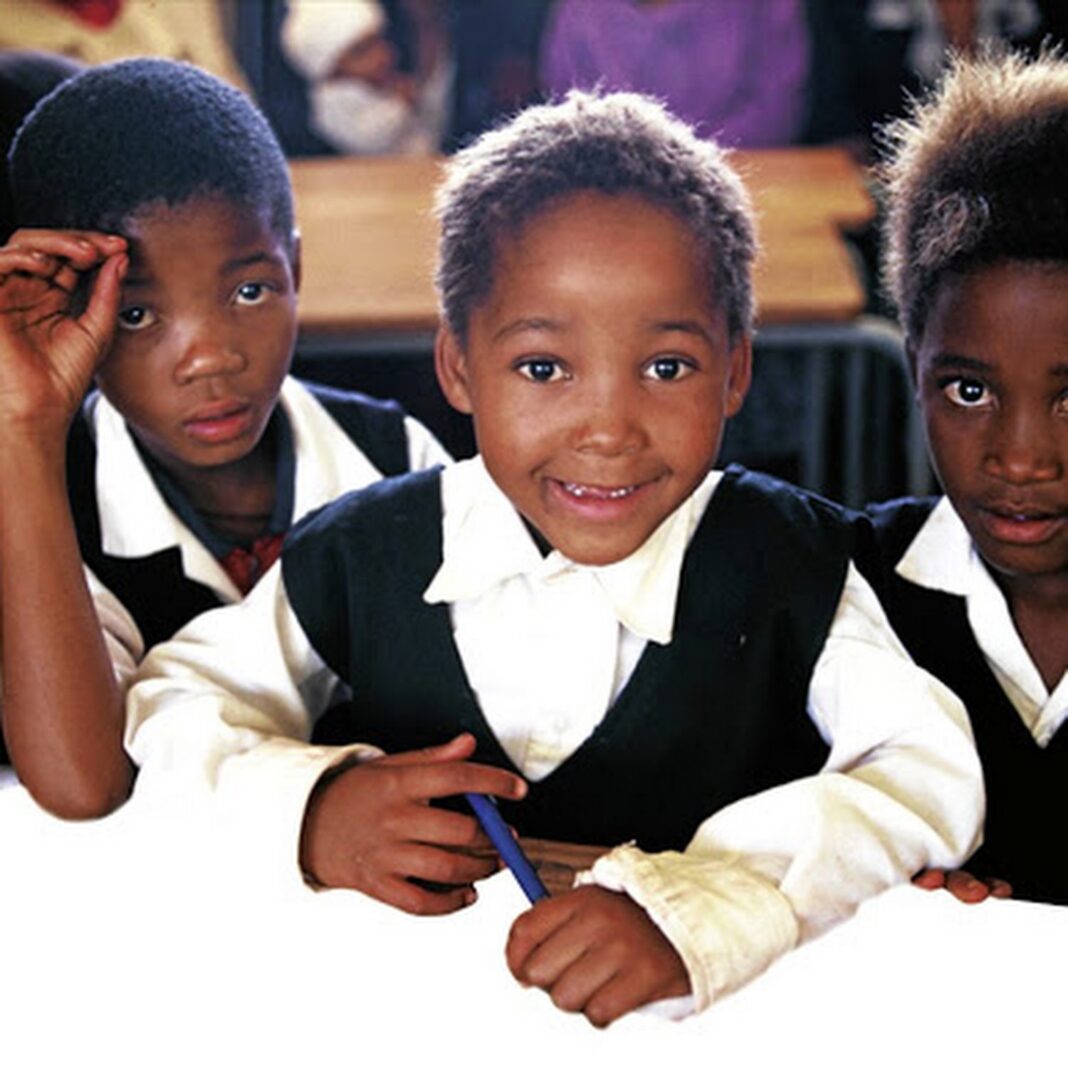By Edwin Naidu
The political impasse over the contested Basic Education Laws Amendment (Bela) Act must be swiftly resolved to ensure South Africans can learn and teach in schools with level playing fields.
Three decades after apartheid, children are still treated unfairly within the schooling system, with apartheid benefits continuing to persist.
The Act makes grade R, grades 10 to 12, and homeschooling compulsory. However, the most debated and controversial parts of the legislation are the disputed clauses 4 and 5.
The law aims to improve early childhood education and ensure students finish school. It also standardises admissions, language policies, discipline and homeschooling rules to address school system inequalities.
AfriForum, the Democratic Alliance and Freedom Front Plus are opposed to levelling the playing fields for all South Africans. They want to protect their turf as under apartheid.
They are concerned that the new powers granted to provincial education officials could be used to force single-language schools, particularly Afrikaans-medium schools, to change their language policies. They fear schools may be pressured to adopt dual-medium education, which could dilute mother-tongue instruction and increase running costs. There is also concern that officials might override admission policies, potentially overcrowding schools already operating efficiently.
Following opposition in September, President Cyril Ramaphosa put a hold on implementing Sections 4 and 5 of the Act – relating to language policy and admissions processes at schools – for three months to allow for deliberation among GNU parties.
During the Bill’s public signing, Ramaphosa made it clear that if the parties could not reach an agreement before the deadline on Friday, 13 December, full implementation of the Act would proceed.
Following deliberations, the matter is in the hands of the president.
One hopes for a speedier outcome than the usual slow pace from the President.
Thirty years after democracy, South Africa’s learners are no closer to benefiting from a system that decently equips them for the 21st century. The Bela Act must come into being to transform the schooling system that is mired with problems.
For example, despite the National School Nutrition Programme to address hunger, malnutrition and micronutrient deficiencies, in the past year, the Department of Basic Education confirmed 23 deaths of children between six and nine at schools through food poisoning incidents.
Since the beginning of September 2024, 890 reported incidents of food-borne illnesses across all provinces have been reported. Gauteng and KwaZulu-Natal have been the most affected, with Limpopo, Free State and Mpumalanga recording dozens of incidents.
Early in her tenure, Basic Education Minister Siviwe Gwarube pledged to eradicate pit latrine toilets. In 2013, they were banned from schools and meant to be removed and replaced by 2016. Eight years later, all targets were missed, with an estimated 3900 pit latrine toilets remaining.
Empty promises are of no consolation to parents whose children have perished in pit latrines throughout the country. The Department says they will be eradicated by 2025. Promises! Promises!
But if the Minister does not put South Africa ahead of her party, the DA, there is little hope in achieving her lofty ambitions without the provisions of the BELA Act.
Edwin Naidu is the Editor of Inside Education.
INSIDE EDUCATION







